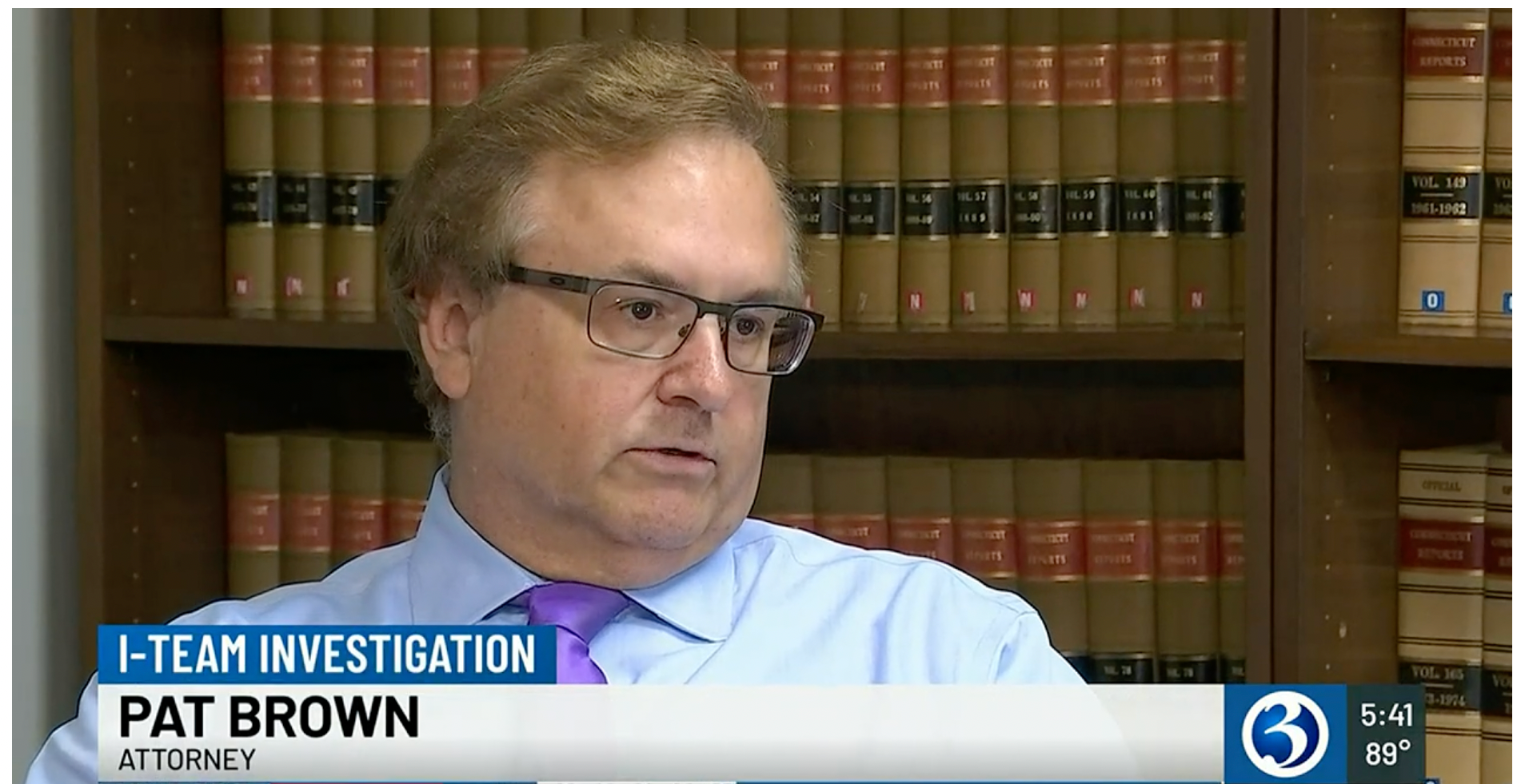Blog

Factors to consider in deciding whether to waive the right to a criminal jury trial A person charged with a crime (a “defendant”) has a constitutional right to a trial by jury. The defendant may choose to waive, or give up, that right and proceed to trial before a judge alone. This is called a…
The post Trial before a Judge or Jury appeared first on Law Offices of Pat Brown.

What is the purpose of the pre-sentence investigation report (PSIR) in criminal cases? In most criminal cases, guilty pleas are rapid and rote, and do not provide much information to the judge about the criminal defendant, his merits or his shortcomings. Perhaps because of this, most jurisdictions authorize an adjournment between plea or trial and…
The post Pre-sentence Investigation Report and Interview appeared first on Law Offices of Pat Brown.

Driving Under the Influence (DUI) is a serious offense with significant legal and personal consequences. Whether you're a first-time offender or facing repeat charges, it's crucial to understand the nuances of DUI laws and what to expect if you're charged. In this blog, we'll explore the essential aspects of DUIs to help you navigate the legal landscape.

Driving under the influence (DUI) laws vary significantly across state lines, affecting residents who travel or move between states. This blog compares the DUI laws of Connecticut with its neighboring states—New York, Massachusetts, and Rhode Island—to highlight key differences and their implications.

Attorney Pat Brown, representing Waterbury resident Elijah Guadalupe, appeared in an interview with Channel 3's I-Team to discuss a civil rights lawsuit that is set to file against the Waterbury Police Department. The lawsuit alleges that Guadalupe was severely assaulted inside the Waterbury jail, causing significant injuries including a fractured nose and chipped teeth, in response to his attempt to resist being put into handcuffs.

We are expanding our civil rights discrimination practice post Harvard and UNC Supreme Court decisions on the constitutionality of affirmative action by state actors and private employers with over 15 employees. If you have suffered from discrimination by any federal, state or local government or a private employer with more than 15 employees, we believe these decisions open the door for Title VI and Title VII lawsuits.

Not every DUI stop ends with a breathalyzer test. A police officer may arrest you for DUI based on field sobriety tests such as the Horizontal Gaze Nystagmus Test or Finger-to-Nose Test. These, combined with erratic driving, slurred speech, and the smell of alcohol on your breath, may be enough proof for the arresting officer to document.






